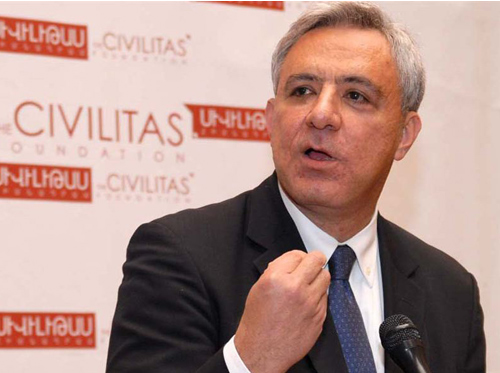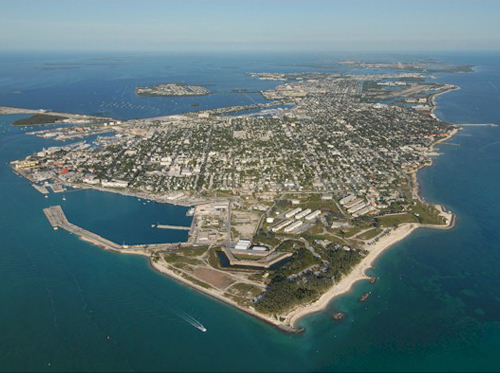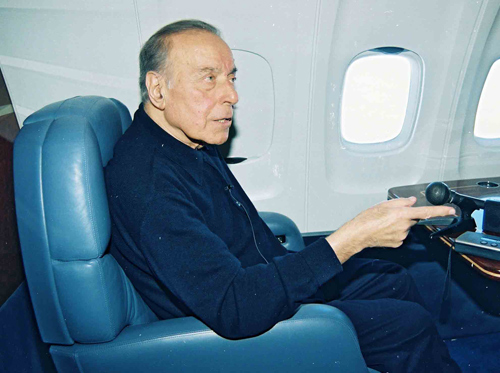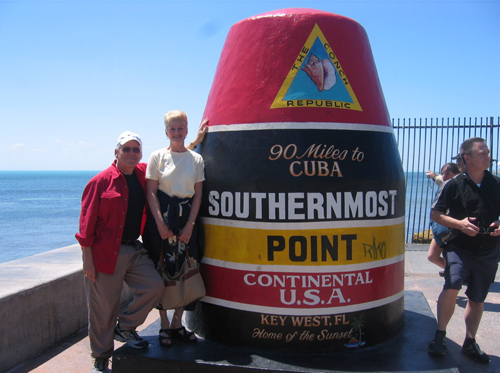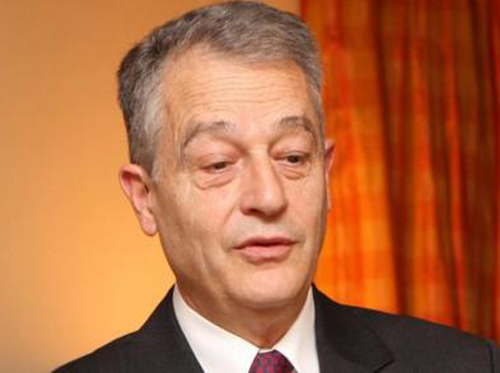Exclusive interview of former Armenian Foreign Minister Vartan Oskanian to Mediamax news agency.
- 10 years have already passed since Key West talks on Nagorno Karabakh. Assessing the process from today’s positions, how real was the achievement of peace in Florida?
- Looking back at Key West, I can say that it became a definite “deviation” from the previous logic of the negotiation process. By saying a deviation I mean that an attempt was made to give a final resolution to the issue, to end everything at once without leaving anything for the future. This document should have fully and finally resolved the problem.
That logic, I think, was born as a result of Robert Kocharian and Heydar Aliyev’s [Armenian and Azerbaijani Presidents] contacts. I suppose that kind of resolution could be Heydar Aliyev’s idea, taking into account his age and his desire to pass the power on to his son. The Azeri President wanted to remove the future heavy burden from his son’s shoulders, which was a natural wish for a man who believed himself to be the father of not only his own son but of the whole country.
Key West was a deviation in the ideological sense as well. The Americans have an expression “Too good to be true”. At that time, it was spoken about including Nagorno Karabakh with part of Lachin under the sovereignty of Armenia, i.e. Armenia and Nagorno Karabakh should have become a united state. As I can judge today, from Azerbaijan’s point of view it was not an equal exchange: Azerbaijan should have only got the right for a regular communication with Nakhichevan through the territory of Armenia. It was the pivot of the document.
- When we asked former OSCE Minsk Group U.S. Co-chair Carey Cavanaugh why Key West failed to find continuation, he said that the main obstacle was the fact that neither of the sides carried out necessary work to prepare their societies for serious mutual concessions. Do you agree with that opinion or the failure, nonetheless, was conditioned by the fact that Aliyev went back on his word?
- Already in Key West it became clear that Aliyev would hardly be able to realize the agreements. Returning from Florida, we came to that conclusion. I think it was the reason why Robert Kocharian did not feel the need to unveil the document, work with political forces and with the people. Moreover, no final agreement was reached on all points of the document. Only the proposal, which contained points unacceptable for us, lied on the negotiating table. Judging from these reasons it was senseless for us to start working with political forces. We, first of all, failed to reach final agreement and, secondly, we felt that Aliyev was unable to implement the agreement.
- And what if Aliyev would have wanted and managed to continue the process? Would the Armenian side go to the end?
- I think the document contained many positive elements. The fact that Nagorno Karabakh would become part of Armenia was already inspiring. But, from the other hand, there were bothering elements regarding communication Nakhichevan. The proposal was unacceptable for us the way it appeared on the negotiating table. And it is hard to say today whether we would have managed to get what we indeed wanted from it.
I can definitely say that there was nothing about transferring even an inch of Armenian territory to Azerbaijan. It was absolutely excluded. Only establishment of communication with Nakhichevan was discussed. But the proposal, even the way it was, was unacceptable for the Armenian side and needed to be further negotiated on.
- Can you remember, please, what the atmosphere in Key West was like? It was the first case when Armenian and Azerbaijani Presidents had been holding negotiations for several days, in solitude.
- The meeting began very badly. When the first day the Presidents outlined their positions in the presence of Colin Powell [U.S. Secretary of State], Aliyev, perhaps, had delivered the toughest speech over the whole period of negotiations. We all looked at one another thinking why we came here? But everything changed the next day. It must have been his style: Aliyev used to say something in public and quite another thing behind the scenes.
The character of negotiations was so that the mediators often worked with the sides separately. When they worked with Azerbaijan, we were free the whole day and could take rest, enjoying the magnificent nature of Key West. After a very difficult and tense day there was a very good atmosphere and I can say that our communication with Azerbaijan was quite normal.
















